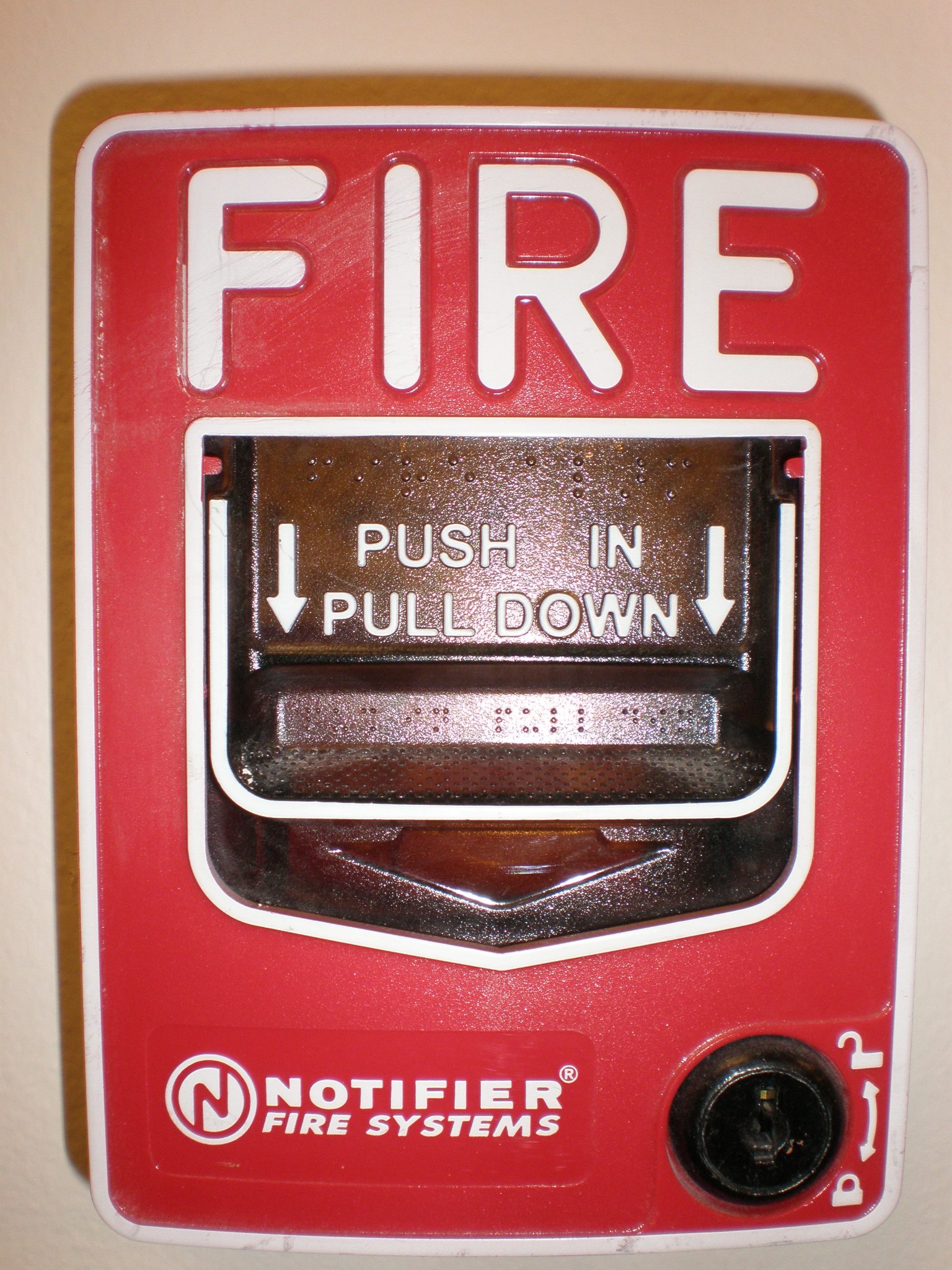JUNE 17, 2022 – (Cont.) “You’re correct to a degree,” I said. “And many pollution issues have been addressed successfully for the very reason you cited—an immediate problem with a relatively short-term remedy. However,” I said, “all this pollution has a cumulative effect that is much longer term, and that’s where human myopia comes into play with a vengeance, making it our worst bad stuff. I’ll explain after I fetch a package of cookies to go with the lemonade. Surely you’ll want to try some cookies—and perhaps some lemonade now too?”
“No thanks,” said the alien. Only then did I realize just how cosmically stupid I was—or was it just plain old human disregard for reality? How would a tangle of pulsating, humming filaments chew, ingest, and digest a cookie, let alone imbibe in lemonade?
In due course—with a cookie in hand—I resumed. “You see, you’ve landed on our planet at a most critical time in the story of human civilization. For all of our evolutionary and revolutionary progress—social, economic, technological, and biological—we haven’t conquered our myopia in time to avoid self-extinction. With the cumulative effect of our carbon emissions, we’ve actually and figuratively set our world on fire. Climate scientists have gathered overwhelming evidence that relentless burning of fossil fuels has caused a warming of the planet’s atmosphere—not consistently around the globe but in enough places to trigger a cascade of catastrophic environmental effects: higher sea levels, inundating coastlines—and civilization for 100s of millions of people; drought in large segments of the continents; in other regions, severe weather and destructive rainfall; alteration of ocean currents; die-off of coral reefs; out-of-control wildfires; and countless other conditions, more subtle at first but in concert with each other, portending grim outcomes for the very viability of human . . .”
“Again,” interrupted the alien, “given the pressing gravity of the crisis, how would myopia preclude you from responding as you need to?”
“It gets back to our immediate needs: air, water, food, clothing, shelter, and the bright, shiny objects of consumption. Until the wildfires threaten our next breath; unless a long-term drought cuts off our water supply today and devastates our croplands this evening; before our cities are awash in the current high tide, we go about our way—actually, our 7.8 billion ways—emitting more carbon into the atmosphere and slamming the window down upon the point of no return.
“Already, scientists warn, feedback loops have begun, whereby one adverse change caused by human activity triggers another effect, that, in turn, aggravates and accelerates the initial disruption, and no longer on account of human activity.”
The alien’s filaments were flashing—red.
“And remember about a human’s limited life-span—a 100 earth years, tops. This is the crux of the matter. You might find a human concerned about the future, about climate change, say, ‘I’m worried for my grandchildren,’ maybe ‘my great-grandchildren,’ but for ‘my progeny 100 years from now’? ‘Five hundred’? No one really peers that far down the line, except in a highly abstract way. Changing our consumption rate today for some future, abstract benefit doesn’t compute with us. At best, we say we’re worried about the planet 20, 40, 60, 100 years from now, but if that were true, we’d have reordered our priorities much earlier and much more drastically than we have.
“As a result, Mother Earth herself is now in open revolt. Our myopia is what triggered it. Unless we conquer our shortsightedness—pretty much now—the consequences will be cataclysmic for humanity. And that’s our worst bad stuff.”
(Remember to subscribe to this blog and receive notifications of new posts by email.)
© 2022 by Eric Nilsson
